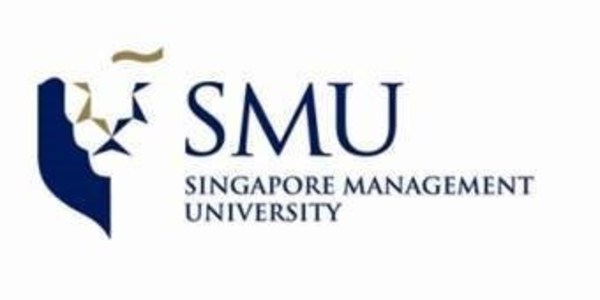 |
- Graced by Guest-of-Honour, Mr Chan Chun Sing, Minister for Education, the Education Leaders' Symposium convened 150 senior educators from more than 20 Singapore post-secondary institutions to discuss how integrative studies is changing the landscape of pre-university and higher education
- Integrative learning will prepare the next generation of self-directed talent, who will play a critical role in developing innovative solutions for the future needs of Singapore
SINGAPORE, Nov. 9, 2022 /PRNewswire/ -- Singapore Management University (SMU) today hosted the Education Leaders' Symposium with a theme of "Integrative Studies and the Future of Learning". The one-day event focused on equipping educators with a know-how of adopting integrative methodology in their classrooms, to steer students towards integrative learning, a programme offered by SMU College of Integrative Studies (CIS).
The Symposium was graced by Guest-of-Honour Mr Chan Chun Sing, Minister for Education, who addressed the audience via a pre-recorded message. In his speech, Mr Chan congratulated SMU on the official launch of its CIS, an incubator of interdisciplinary learning. The CIS is an integral element of SMU Vision 2025, which identifies key priorities setting the University in line with the future needs of Singapore as well as Asia.
"Unlike graduates of conventional schools where there is a more predictable pathway, CIS graduates will chart their own path, and will be particularly well-placed to take up employment in the frontier roles of modern industries," said Professor Elvin Lim, Dean, College of Integrative Studies. Professor Lim delivered a keynote address at the Symposium themed "Redefining Specialisation for the Post-Industrial Age", where he discussed how the idea of "specialisation" needs to be redefined and updated for the modern age.
The Symposium also featured a panel discussion to uncover the composite skills that employers are looking for in tomorrow's talents, how the future of work for both the public and private sectors will evolve and what this means for the future of education and learning. Panellists included Mr Ong Tze Ch'in, 2 Deputy Secretary, Ministry of Sustainability and Environment; Mr Loh Wee Lee, CEO, Lazada Singapore and Associate Professor Lieven Demeester, Associate Provost (Teaching & Learning Innovation), SMU.
The Symposium served as an opportunity to elevate integrative studies to the top of the education agenda and to set the wheels in motion of taking interdisciplinary learning to the next level. As modern challenges increase in complexity, traditional "specialists" will need to reconfigure their skill-sets to become experts in more than one area to address such issues effectively. Educators are key to helping students respond to these demands by building the competencies to facilitate cross-disciplinary integration.
Against this backdrop, the CIS will prepare students for this new world through integrative learning. It will offer Singapore's first Individualised Major, and initiate its students into self-directed, and indeed lifelong learning.
Through its deeply interdisciplinary approach, the CIS will cultivate students who can connect ideas and perspectives across disciplines and adopt an integrative approach to reframing and addressing today's and tomorrow's challenges.
SMU Education Leaders' Symposium 2022
The concept of integrative learning, and its implications on the future of education and learning, was debated at length by panelists from the private and public sectors, at the SMU Education Leaders' Symposium, held at the SMU Yong Pung How School of Law.
More than 140 principals, senior educators and counsellors from 21 education institutions, including Singapore's junior colleges, polytechnics, IB and IP schools, attended the Symposium on 9 November 2022.
Organised by SMU Office of Admissions & Financial Assistance, the annual event is a unique opportunity for educators across Singapore's schools to share best practices in the delivery of transformative education, discuss the future direction of higher education and how best to prepare graduates to thrive in a rapidly changing world.
This year's Symposium featured a range of six breakout sessions that examined the scope of using an integrative lens in teaching, research and collaboration.











